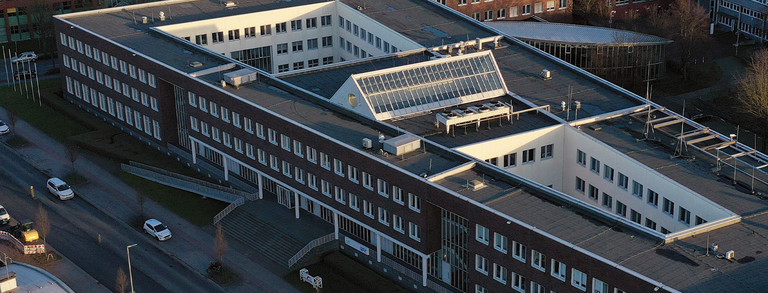Strong partnerships in the faculties
Our start-up and transfer ambassadors act as bridge-builders between CET and the department members in order to jointly discuss challenges and needs across departments and to promote a stronger anchoring of start-up and transfer-relevant topics at the departments of TU Dortmund University. In their environment, they point out start-up potentials and are designated contact persons for people interested in founding a company.
In cooperation with our start-up and transfer ambassadors, we strengthen university-wide support for entrepreneurship and the growth of a vibrant start-up culture.
Our ambassadors












![[Translate to English:] [Translate to English:]](/storages/cet/_processed_/e/0/csm_CET_Intro_61a7814763.jpg)

